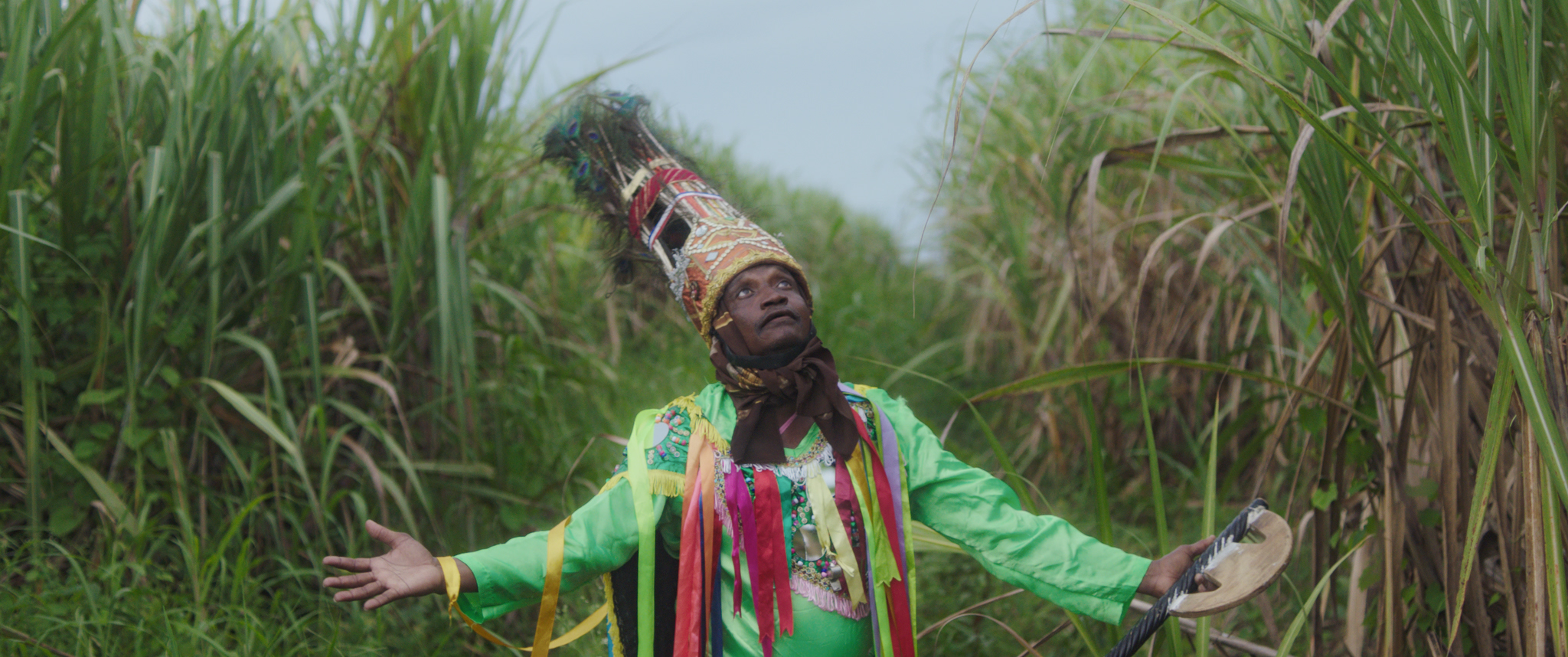Latino and Iberian Film Festival to begin next week
The festival will showcase a variety of filmmakers from all over the Latin American and Iberian regions.

Courtesy of Héctor Valdez
This year’s iteration of the Latino & Iberian Film Festival at Yale, commonly known as LIFFY, will launch on Oct. 30 and is scheduled to last until Nov. 5.
The festival will showcase a wide variety of short films, documentaries and feature films from the last three years. Adopting a hybrid approach, the festival will consist of both virtual and in-person screenings in New Haven.
“The festival has become bigger and better,” said executive director Margherita Tortora, who is also a Spanish lector at the University. “There’s more money and people helping, and we even have more sponsors. I’m proud of being recognized by IMDb, and I’m also very proud of the love that the filmmakers that come to LIFFY have for [our festival].”
Sponsored by the Council on Latin American and Iberian Studies at the MacMillan Center, LIFFY’s goal is to present diverse stories and perspectives from Latin America and the Iberian Peninsula. A board of jurors, chosen for their expertise, oversees the selection and screening processes.
Tortora, who founded the festival, recalls the early days when she was responsible for much of the planning and execution herself.
“In 2015, I started the first LIFFY at Yale with only 5,000 dollars,” she said. “I was the projectionist. I wrote the program. I did everything, but we managed to do it.”
Tortora has been a senior lecturer of Spanish at Yale for over 30 years and always incorporated film as part of her classes. She pioneered a monthly film series in collaboration with Latin American studies shortly after she began teaching.
As she delved deeper into the realm of film festivals, Tortora forged invaluable relationships with filmmakers and cinema aficionados. This network sparked the idea of launching a film festival, first in the form of the New England Festival of Ibero-American Cinema (NEFIAC) in 2010, and eventually evolving into what is now recognized as LIFFY. The festival has not only grown in size but also in its impact and quality.
LIFFY 2023 is set to showcase films from numerous countries, highlighting a mix of well-known and budding talents in the film industry. The festival’s selection committee has assembled a diverse range of genres and stories, aiming for a comprehensive portrayal of the region’s cinema.
“Engaging with Yale, especially LIFFY, is a distinct honor,” said Luis Arambilet, president of the Cinematographic Arts and Sciences Academy of the Dominican Republic. “This festival epitomizes a dedicated endeavor spotlighting premier Iberoamerican cinema.”
For the 2023 rendition, Tortora has special things in store.
One of the major highlights this year includes an exhibition featuring photographs of the Argentine photojournalist Eduardo Longoni, whose images are known for capturing the raw emotions and stories of the Latine world.
Flamenco dancer Yarden Amir will grace the event with a live performance followed by a Q&A session, giving attendees an opportunity to delve into the heart and soul of flamenco.
Additionally, a series of panel discussions, workshops and networking events have been planned to facilitate exchanges between professionals from different countries. These sessions aim to promote cross-cultural dialogues, foster relationships and encourage collaborations.
Tortora said she believes the festival creates valuable networking opportunities for those in the industry and emphasizes that this personal touch is what makes the festival so beloved among participants.
Among them is Israel Cárdenas, co-writer and cinematographer of the 2023 Dominican film “Croma Kid,” who will be in attendance to represent the film.
“For me, it is very special to present our film at the festival,” said Cárdenas. “It’s an opportunity to share it with a new young audience and also to share [the festival] with Bosco, who is my son and the protagonist of the film.”
Similarly, Alonso Llosa, director of the 2022 Peruvian film, “Restauración,” expressed his enthusiasm about showcasing his work at LIFFY. He said that the invite for the festival was a “pleasant surprise,” and he is “curious” about the following discourse due to the largely academic audience.
LIFFY has also garnered interest from the student body, especially among Latin students at Yale. For students like Fernando Cuello Garcia ’24, the festival offers a unique opportunity to engage with narratives that resonate with their experiences.
“More than representation at face value, it’s inspiring to see the work of Latino artists external to Yale be showcased,” Cuello Garcia said.
A New Haven native, Tortora is deeply committed to making LIFFY accessible to the wider New Haven community, she said.
LIFFY offers free admission, welcoming everyone from Yale and the surrounding community to partake in the cinematic experience. To ensure inclusivity, all films are screened in their original languages with English subtitles.
“It’s not a showcase — it’s a real film festival,” Tortora reflected on the growth and stature of LIFFY. “I don’t think many universities can boast that recognition.”
LIFFY was founded in 2015.







